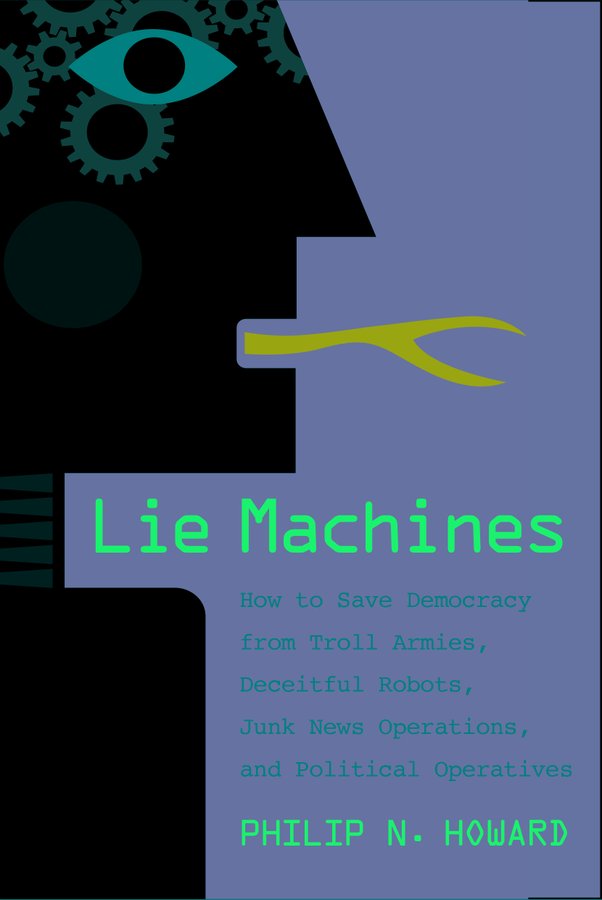 In 2019, Brookings Institution senior fellow Robert Kagan authored a long-form essay in the Washington Post in which he argued that the era of the strongman is back. Authoritarianism is once again the greatest challenge to liberal democracy, he tells the George W. Bush Presidential Center.
In 2019, Brookings Institution senior fellow Robert Kagan authored a long-form essay in the Washington Post in which he argued that the era of the strongman is back. Authoritarianism is once again the greatest challenge to liberal democracy, he tells the George W. Bush Presidential Center.
In 2018, the Bush Institute partnered with Freedom House and the Penn-Biden Center on a public opinion research project that looks at American attitudes towards democracy, say the Institute’s William McKenzie, Lindsay Lloyd and Christopher Walsh. We didn’t find an openness to other forms of government, but we did find a deep level of dissatisfaction across most demographics with how democracy is delivering. How do you begin to restore confidence in institutions and our systems, when everything here has become so polarized?
Kagan: It’s been a while since we have made a concerted effort to educate Americans on that front. It was easier during the Cold War for Americans to see the real alternative was unappealing and unsuccessful. A lot of what inspired the civil rights efforts among white people was this sense that we needed to live up to these ideals that we were claiming in competition with communist ideals.
When the Cold War ended, we lost that set of alternatives. We haven’t looked at the authoritarian states as a potential alternative. But we are fighting over relatively minor issues and losing sight of the big issues. It took World War II to get us out of the grave doubts Americans were having about democracy in the 1930s…For better or worse, history suggests generations learn by what happens to them as they go through life. The generation that created the post-World War II world is the same generation that didn’t want to do anything in the 1930s.
There is still a “sort of love of liberalism all over the world, even in places like Russia and China,” Kagan insists. “It is obviously there in Hong Kong. Even though aspects of human nature work against liberalism, aspects work for it. My main point is this is a never-ending struggle. Those who believe in the virtues of liberalism need to engage in that struggle.” RTWT
 Authoritarian regimes’ deployment of misinformation, trolls, bots and other “active measures” is examined in a new book from Dr. Philip N. Howard, Director of the Oxford Internet Institute at Oxford University.
Authoritarian regimes’ deployment of misinformation, trolls, bots and other “active measures” is examined in a new book from Dr. Philip N. Howard, Director of the Oxford Internet Institute at Oxford University.
Misinformation, disinformation and political subterfuge from elected officials, authoritarian governments, and extremist groups doesn’t just choke public debate. These days, myths about the coronavirus are deadly, he writes in Lie Machines: How to Save Democracy from Troll Armies, Deceitful Robots, Junk News Operations, and Political Operatives.
The mechanisms that produce, distribute and market these myths are the same as those that have done so much damage to public life in recent years, he adds. Lie machines are social and technical mechanisms for distributing false messages in the service of ideology.
The first of a series of talks on the book hosted by Oxford University will be on May 20th, where the author will also highlight some of the latest research on coronavirus misinformation.








